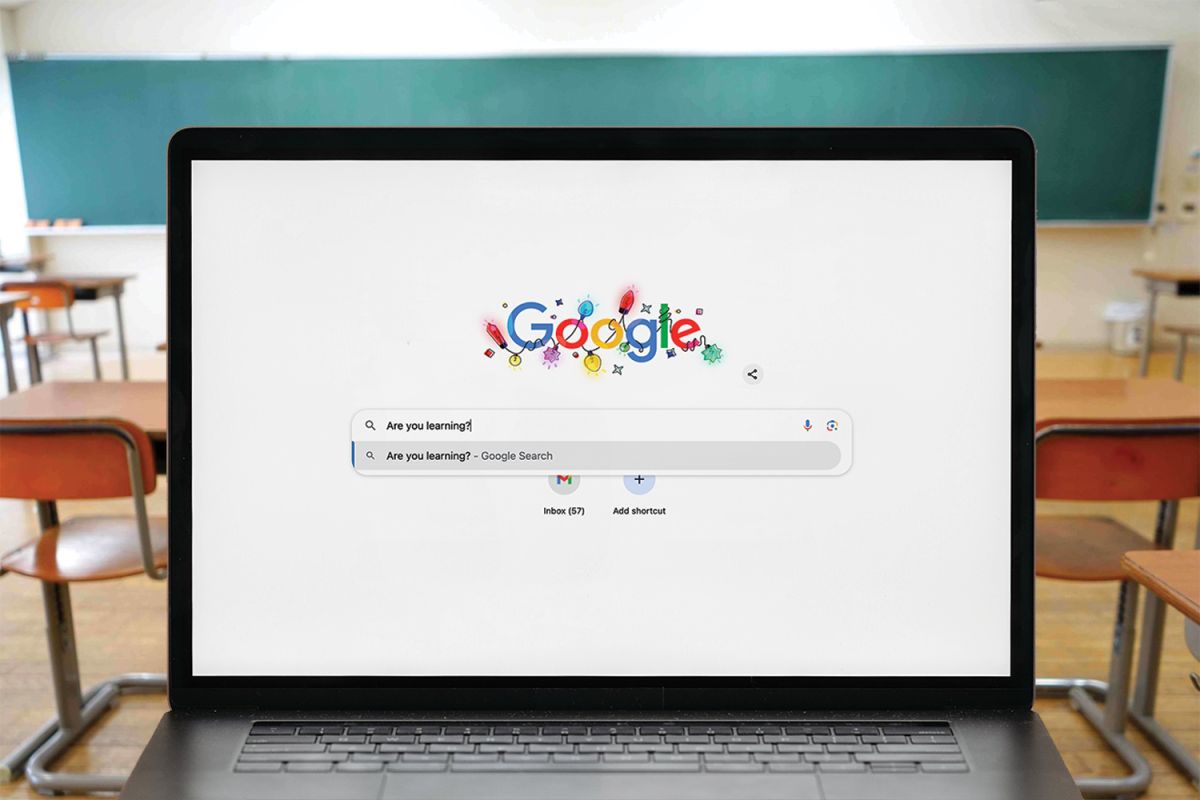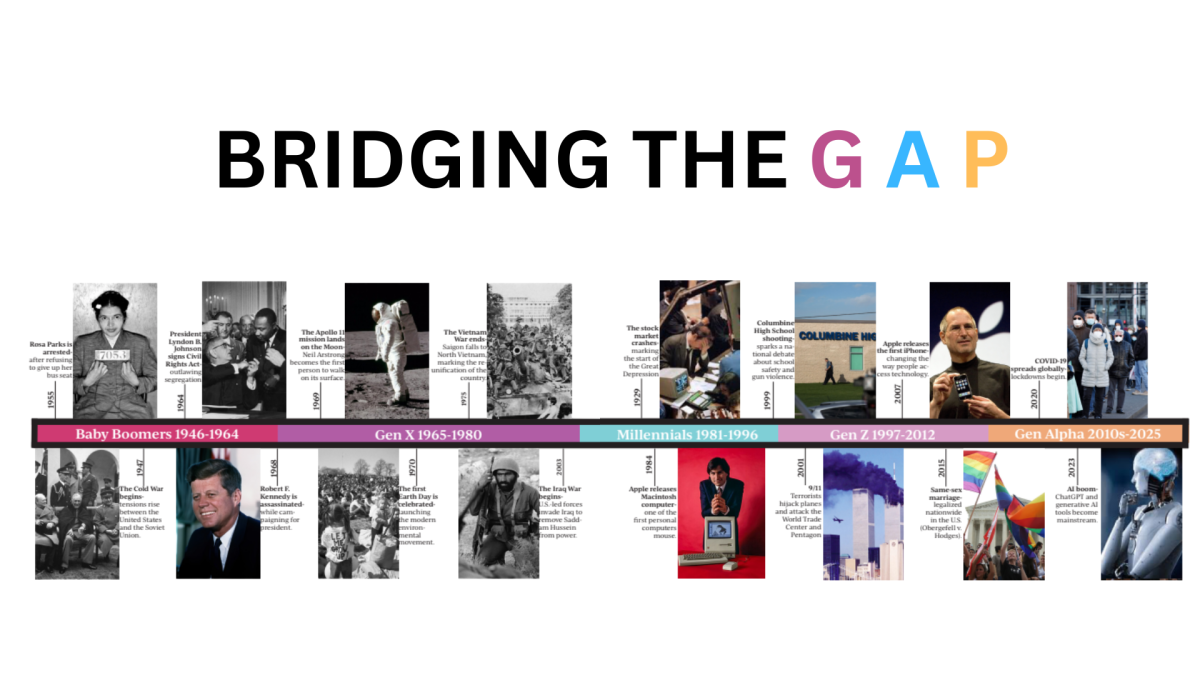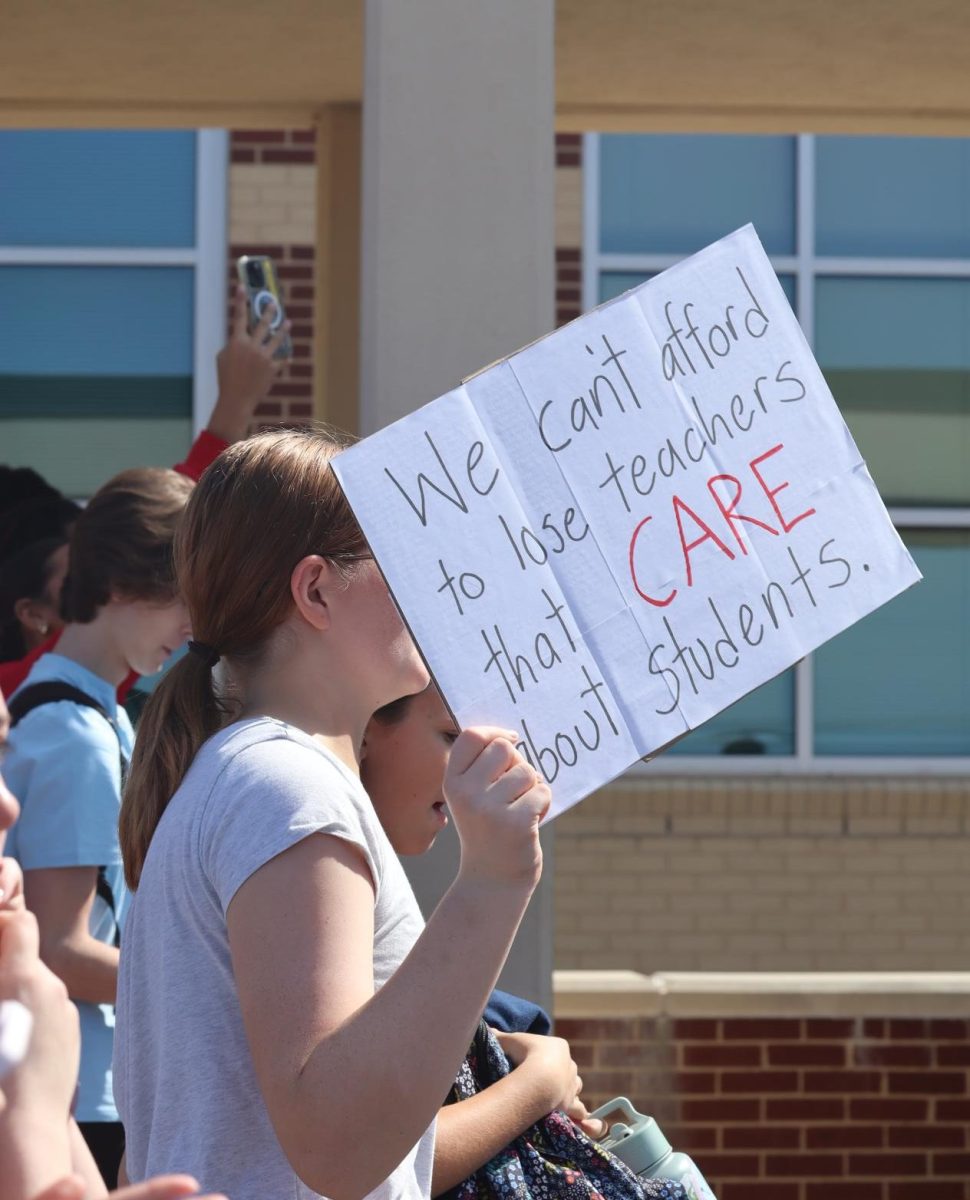According to GovTech, 90 percent of schools in America are one-to-one schools, McNeil being one of them. This means that we have school issued chromebooks and do the majority of everything online.
There are a large number of students who come from different countries at McNeil, and as Chromebooks are predominantly used in American schools more than any other country, it becomes an issue for ESL students because it takes them longer to adjust to chromebook usage than American students. On Chromebooks there aren’t a lot of instructions on how to utilize it for school curriculum. It’s a larger disadvantage if they don’t speak English because it’ll likely be more difficult to ask for help. Although there is a setting to change languages into their preferred language, the keyboard is in English and if their language’s alphabet differs from English, they can’t use the keyboard without additional help from a teacher..
Another main issue that comes into play is when there are wifi problems or Schoology is down. Many times throughout the school year, there were technical issues with both. It causes classes to be behind and pushes back the learning curriculum, causing difficulty getting classes back on track. There are no solutions to solve this problem and classes end up getting a free day rather than being taught new material.
Typing something and writing it down on paper are two completely different things. When one is typing something, they’re just writing down what they see and aren’t fully comprehending what it means. Writing something down makes individuals process what they’re writing and would most likely remember more of what they wrote down rather than what they typed down. Also writing one’s own notes encourages them to to be more engaged in what’s going on. Some students have a Grammarly extension to help with punctuation and spelling when typing on a Google document, which benefits them in the moment, but isn’t benefiting the students at all in teaching them how to implement grammar into their work.
A solution to these problems is to keep certain classes mainly online that don’t have any issue being online. For example, classes that don’t rely as heavily on memorization such as non core classes or electives; English, science, math and history classes should be on paper because in those classes students have to remember the content for EOC exams and college readiness. Computers don’t have to be a main object to use in learning; paper is more beneficial to students’ learning because all of these issues don’t show up and students will learn the content better instead of it not locking into their memories.















